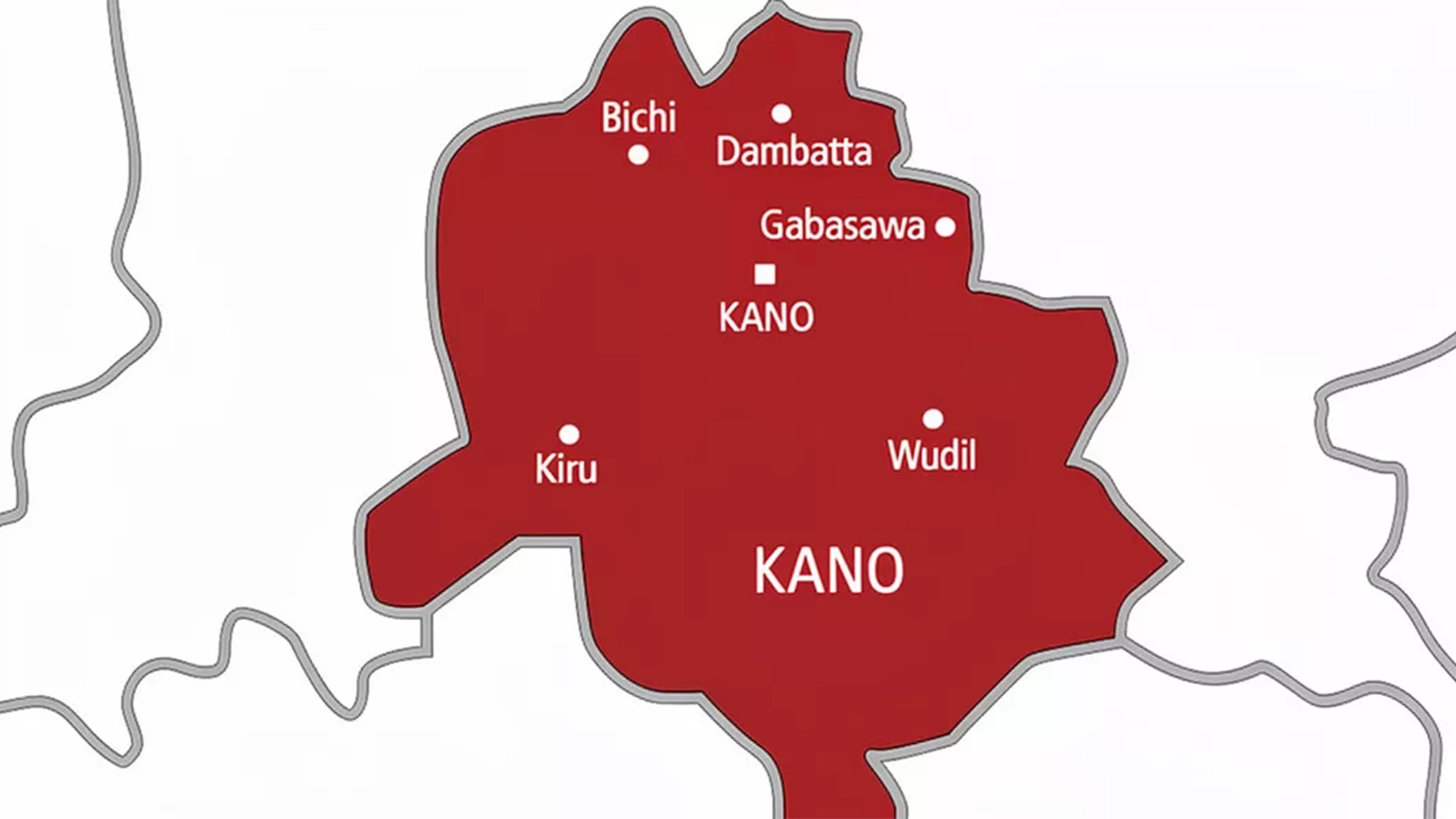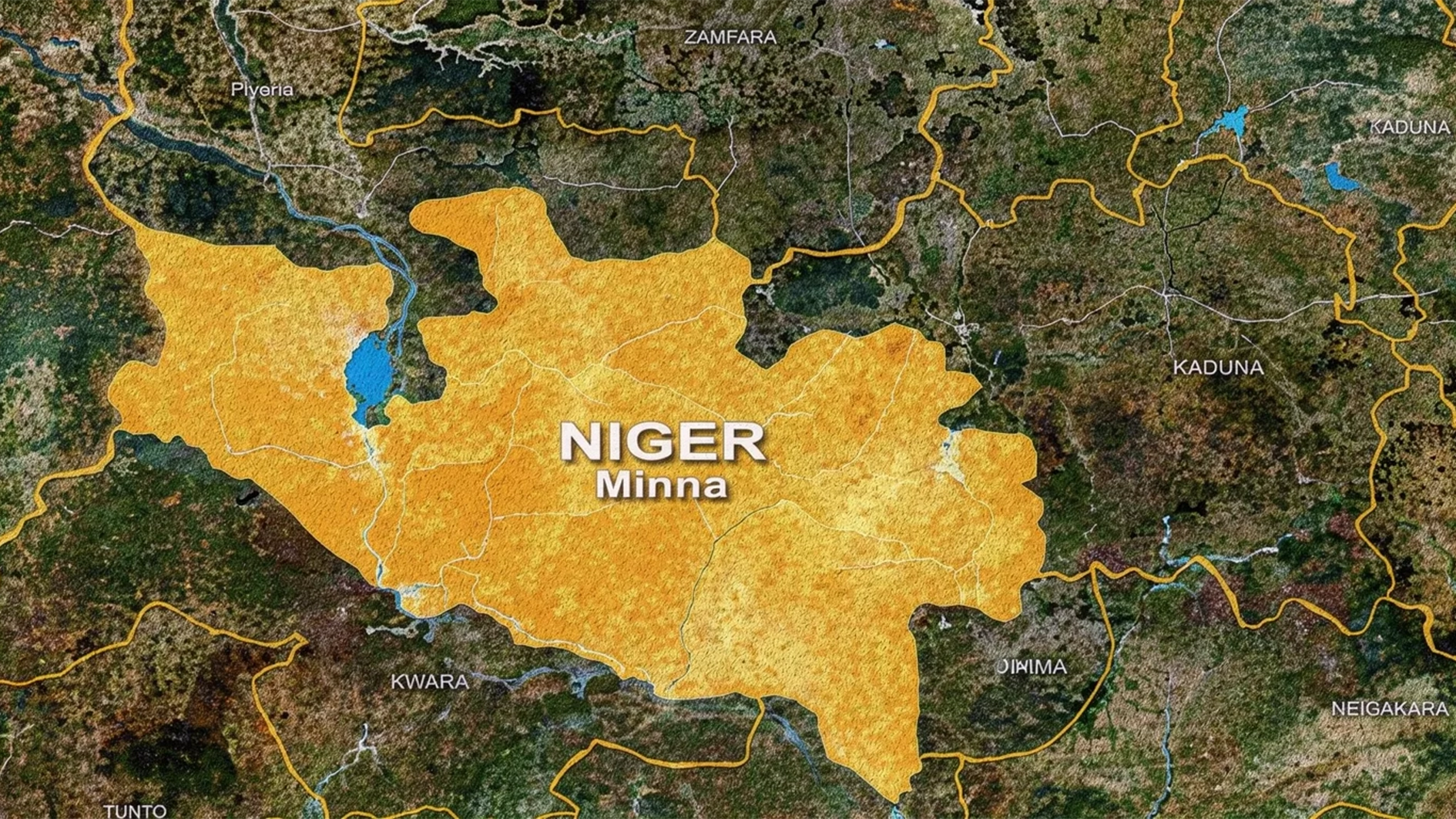Nigeria’s bread-making industry, one of the country’s largest employers in the food sector, is struggling under the weight of rising production costs, unstable foreign exchange, and skyrocketing prices of raw materials.
From flour and sugar to yeast and fuel, virtually every input required in bread production has seen an unprecedented price surge in recent times.
For many bakeries, survival has become a daily struggle, with several operators either shutting down or scaling back production to stay afloat.
In a bid to address the challenges, the Premium Breadmakers Association of Nigeria (PBAN), the umbrella body of breadmakers in the country, is hosting its third annual event on Thursday, November 13, 2025, in Lagos.
President of PBAN, Emmanuel Onuorah, said that the event would explore practical strategies for restoring productivity and profitability in the baking business.
According to him, the event would also serve as a platform for professional bakers, technical experts, and financial advisors to brainstorm on sustainable solutions that could help bread-makers navigate the country’s harsh economic climate.
He said: “This year’s PBAN Day-Out is designed to equip operators with the right knowledge and tools to turn challenges into opportunities.
“We intend to confront the issues of non-profitability head-on and chart a new path for the breadmaking business in Nigeria.”
Recall that recent revelation by the Southwest Coordinator of the National Agency for Food, Drug Administration and Control (NAFDAC), Roseline Ajayi, that loaves of bread sold in different markets in the zone are failing laboratory tests because, instead of sugar, bakers are now using saccharine, a substance said to be injurious to human health.
The NAFDAC official, who also revealed that in the baking of bread, bakers are introducing other ingredients considered to be harmful to consumers’ health, said the agency would not compromise its standards.
Many people believe that these sharp practices are not happening only in the Southwest, it is the practice now across the country. It is believed that the tendency to make more money is making some bakers to return to the use of potassium bromate (KBrO3) banned in 2003 by NAFDAC. They urged relevant government agencies to investigate the matter, warning that KBrO3 cause bladder cancer and kidney failure.
But allaying the fear, YemisiAkorodele, a food technologist with Pharmy Drugs, Lagos, and part time baker, said the situation was not as bad as had been painted, arguing that saccharine has its good and bad sides.
According to her, saccharine is a low-calorie sweetener that provides sweetness for people managing their weight and do not want to take sugar because they are diabetic. The food sweetener is non-cariogenic, meaning, it does not contribute to tooth decay or cavities, it is ideal for people monitoring their blood sugar level, as it does not raise blood sugar levels.






